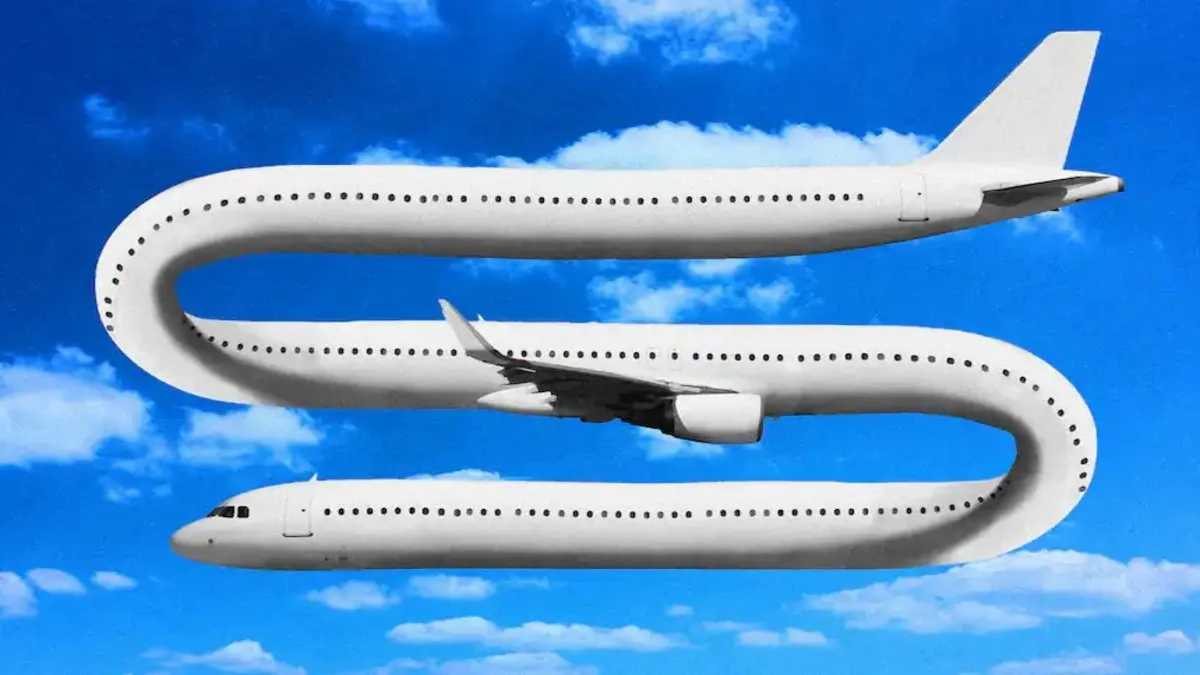(Illustration The Washington Post; iStock)
The article featured in “Washington Post” delves into the phenomenon of why the return journey from a trip often feels longer than the initial leg. It highlights psychological and neuropsychological perspectives to explain this perception gap. Psychologists emphasize the role of optimism and familiarity in shaping our experience of travel. The anticipation of something new and exciting during the outbound journey contrasts with the mundane return trip, leading to a perceived difference in travel time.
Furthermore, the concept of the “return trip effect” is introduced, suggesting that inaccurate predictions about travel time contribute to the feeling of the initial leg being shorter. The familiarity gained during the outbound journey can also make the return trip seem shorter by comparison. Additionally, factors like tailwinds and route familiarity can influence our perception of travel time.
Practical tips are provided to mitigate the feeling of a prolonged return journey, including introducing novelty, engaging in activities to challenge the mind, and planning buffer days or post-trip activities. Overall, the article combines psychological insights with practical advice to help travelers better understand and manage their perceptions of travel time.
#TravelPsychology #PerceptionGap #ReturnTripEffect #TravelTips #MindfulJourneys

